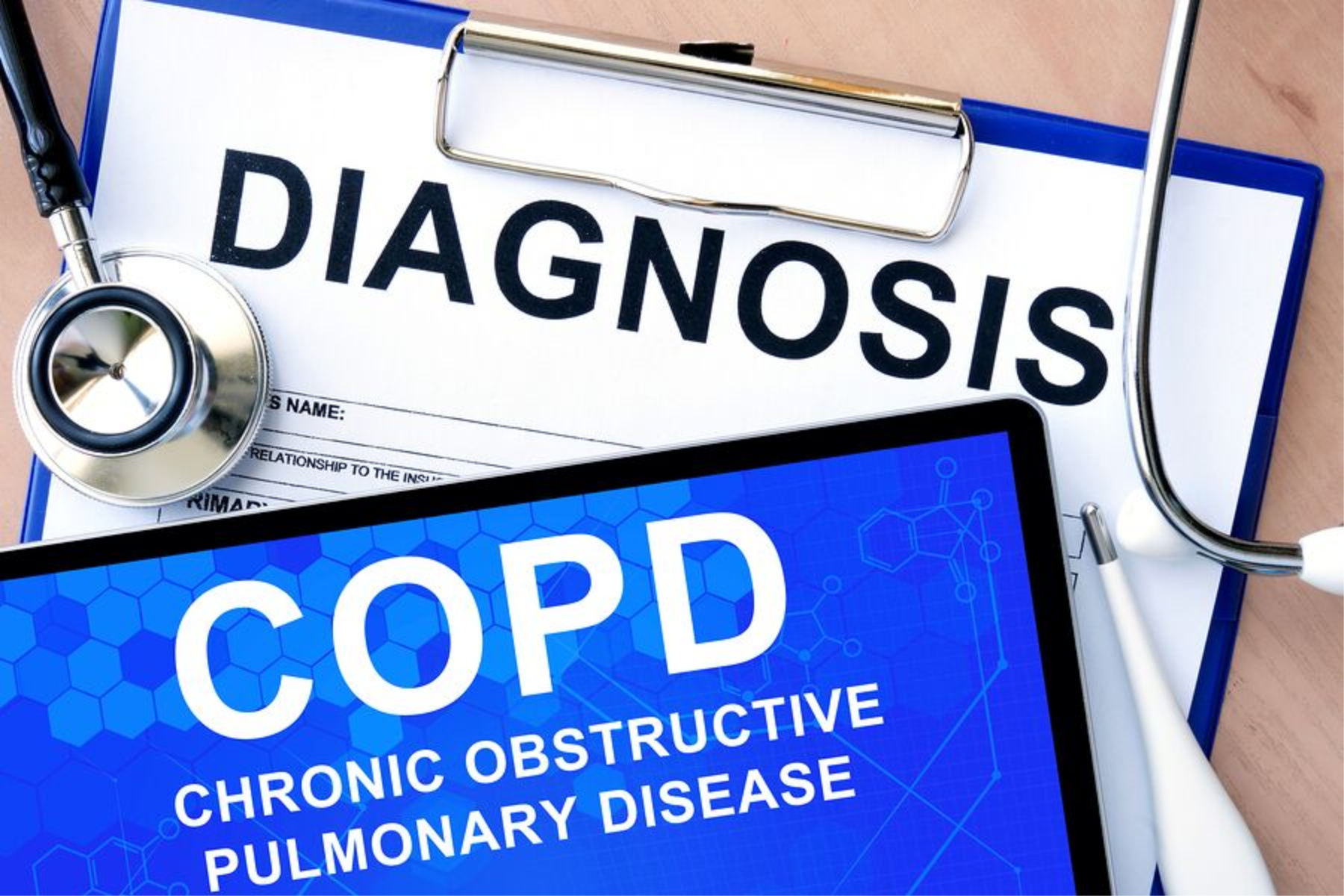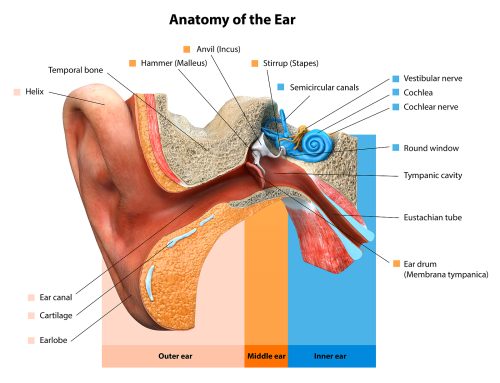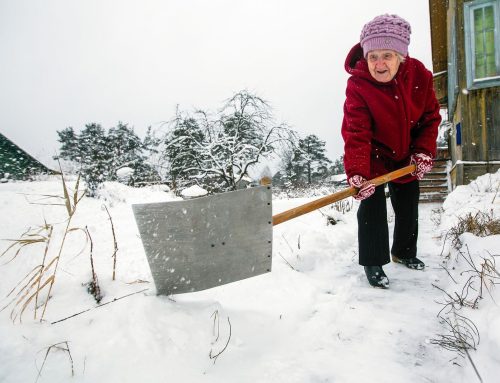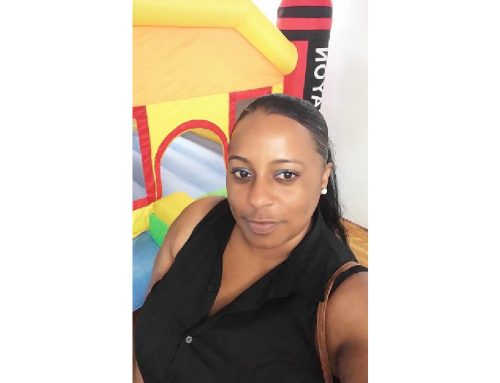Sometimes visiting the doctor is a little unnerving, especially with intimidating health issues like COPD. Your elderly family member may feel as if there’s not much she can do, but there’s a lot being learned about COPD and how to keep people with COPD as healthy as possible.
Put Together a List of Questions
You and your senior may have more questions about COPD and how her body is responding to COPD than you might realize. It’s a good idea to sit down and start listing out the questions that you each have. You may be able to find answers in other sources, but it’s always a good idea to ask her doctor how COPD is impacting her personally. This allows you to figure out the best plan for her.
Do Some Extra Reading
You’re also definitely going to want to do some extra reading and research about COPD in general in between doctor’s visits. Some of what you learn may well end up in your list of questions, too. There’s a lot that doctors are learning all the time about COPD and how it affects people. There are also new treatments and new possibilities that might be something that could help your senior.
Find a Way to Capture Answers
Before you go, figure out how you’re going to capture or record the answers your senior’s doctor gives. That might involve taking notes or even recording the conversation. Most smartphones have either built-in voice note capabilities or can do so with the help of an app. This is a really easy way to make sure that you and your senior don’t miss any of the details of her talk with her doctor.
Can Your Senior Go on Her Own?
As much as you might want to be there with your senior, you might not be able to make it. Life is busy and most caregivers have multiple responsibilities on their plates. If you can’t go and your senior can’t go alone, senior care providers can handle the driving for her and help her get into her appointment. This can be an easy way to make sure your senior doesn’t unnecessarily skip her appointment just because you can’t go.
These appointments are really important for your senior. They give her a chance to ask questions as often as she needs to about how her lungs are functioning and they give her doctor a chance to see how her lung health is changing.






